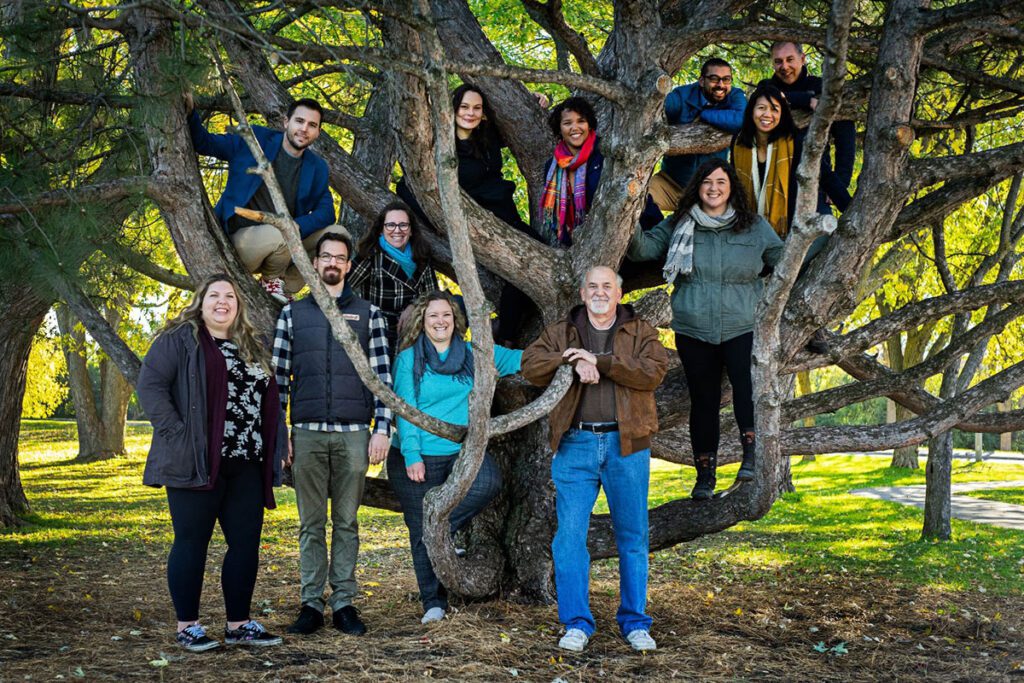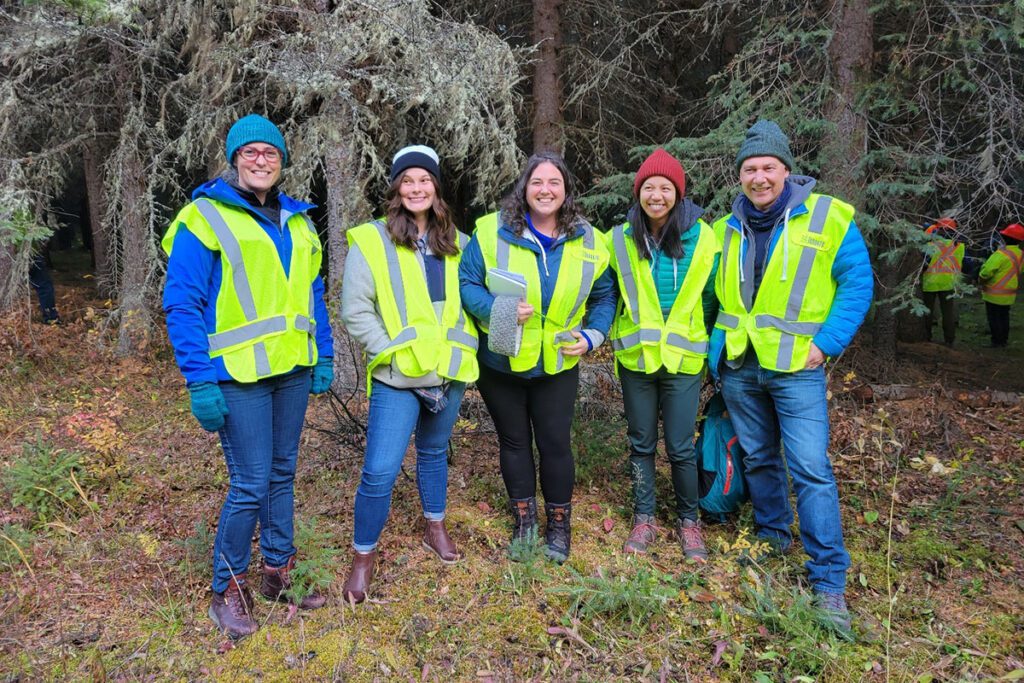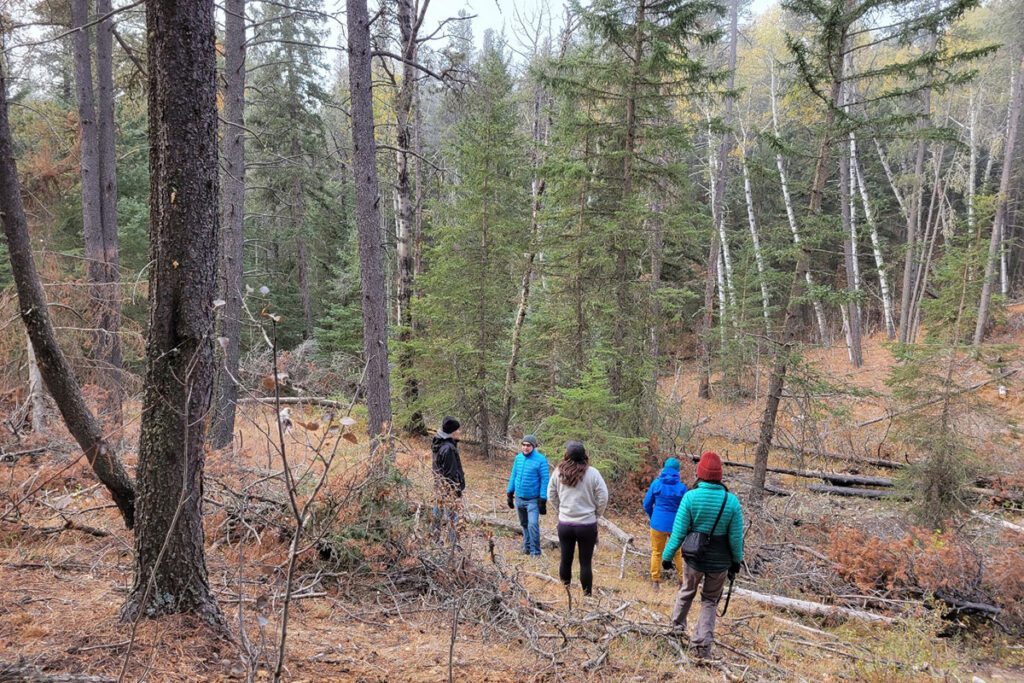Project Overview

The mountain pine beetle (MPB) has killed more than 20 M hectares of mainly lodgepole pine forests in western Canada over the past two decades. Factors linked to climate change and forest management have led to range expansion of MPB into novel habitats, including into jack pine of the Boreal Forest. As such, new forests that have not experienced MPB previously are vulnerable to an outbreak. In the wake of this MPB epidemic, decision makers grapple with reforestation strategies, and seek solutions to increase forest resiliency to future outbreaks. At the same time, jurisdictions east and north of the outbreak face uncertainty over the risk that MPB poses to jack pine, challenging decision makers to develop effective risk management strategies.
Project Objectives
TRIA-FoR proposes an interdisciplinary and integrative approach to develop knowledge, tools and application frameworks that can be used to mitigate risk of the MPB epidemic and build resiliency. The TRIA-FoR project aims to:
1. Enhance lodgepole pine genetic resiliency to MPB.
2. Improve risk assessment efficacy for MPB northern and eastern spread in the Boreal forest.
3. Develop a social sciences framework of risk management planning and resilience building that can facilitate adoption of novel tools such as genomics-informed practices.
In our lab, we are focused on Goal #3: Learning from the past and anticipating future risks of Mountain Pine Beetle invasion in Western Canada: an anticipatory framework of risk communication, perception and management
We want to understand the information flow, risk perceptions, decision-making, considerations of alternative management options within and across jurisdictions and outbreak stages (BC= past outbreaks, AB= current outbreaks and SK= vulnerable to outbreaks).
Our project will inform policy decisions from multi-regional perspectives and support multi-jurisdictional coordination; develop effective risk and science communication strategies and provide input and feedback for research design and future work, particularly for genomics researchers.
Project Team
TRIA-FoR collaborators: Cathering Cullingham, Janice Cooke, Heath MacMillan, Maya Evenden, Joerg Bohlmann, Mark Lewis, David Coltman, R. Glen Uhrig, Barry Flinn, Rhiannon Peery














